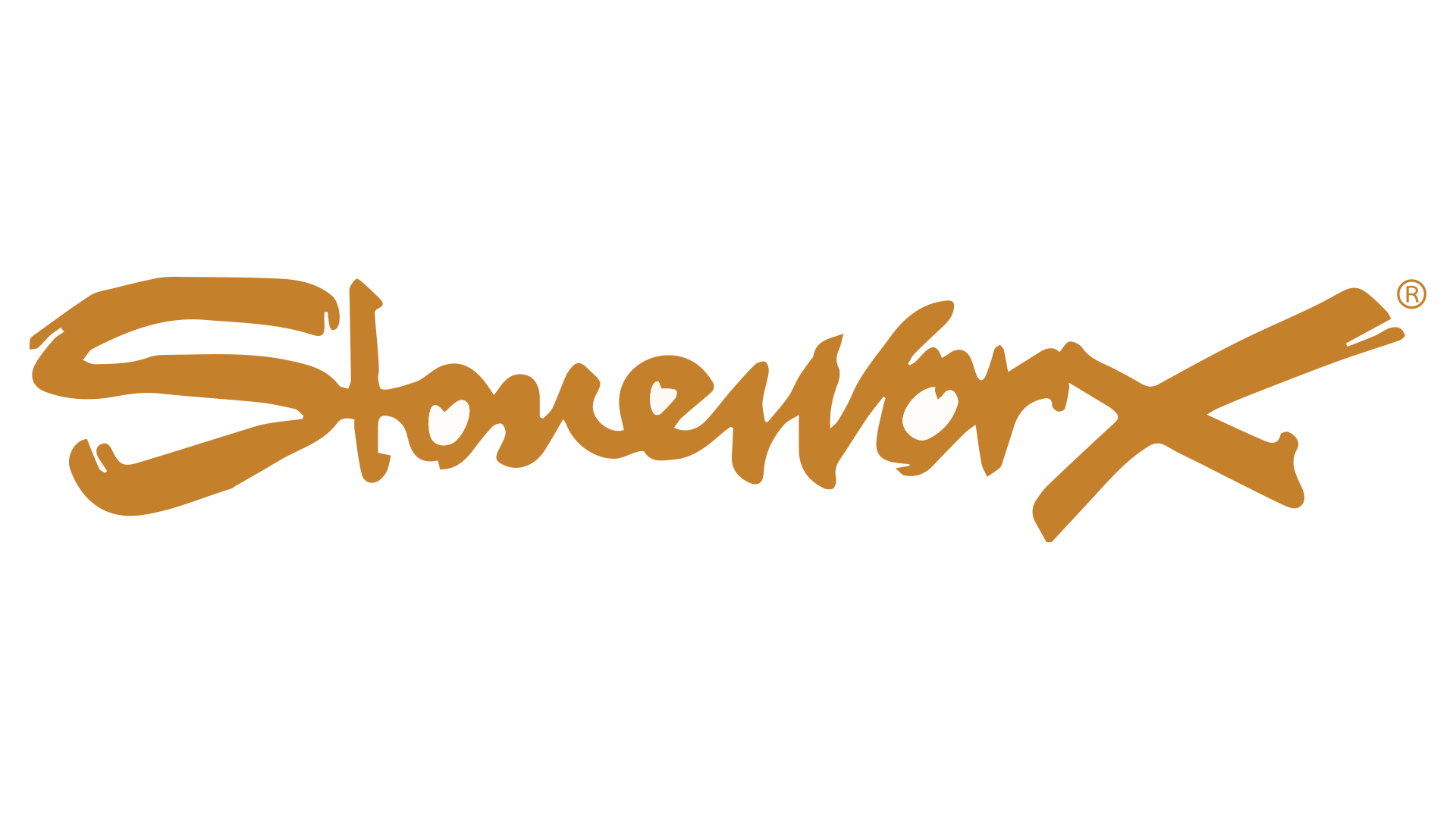What You Need to Know About Dekton Countertops
Dekton is a kitchen renovator’s dream. It’s scorch-proof, scratch-resistant, and beautiful to look at.
In this post, we take a look at everything to do with Dekton countertops. Here’s what you need to know.
What Is Dekton?
As you might have guessed, Dekton is not natural in the same way as quartz, granite, or marble. However, it is made from all-natural materials mixed together to give it its unique properties. Made of stone, it has a premium finish but avoids many of the disadvantages of all-natural products.
Dekton comprises glass, porcelain, and quartz. Manufacturers make it using sinterized particle technology. Here, they break individual components down into small beads and then heat them to more than 2200°F while using a giant press to compress them at more than 5,900 PSI. The resulting material gives owners a countertop that’s easy to maintain and won’t scorch if exposed to high heat.
Dekton is a brand name, so while searching for the product, you may come across other names. Just be aware that these are similar products, though manufacturing processes may differ slightly between them.
What Makes Dekton So Compelling?
While there are many stone countertop products on the market, Dekton offers some considerable advantages. Thanks to sintering and compression techniques, it’s completely non-porous. That means that moisture cannot penetrate it over time, which is a risk for other stone kitchen countertop materials. It doesn’t require resins to keep water out, either, lowering maintenance costs.
Dekton is also heat resistant. Cooks can place hot pans directly on the surface, without risking damage. The stone behaves just like any other rock: it doesn’t burn.
The material offers other interesting perks, too. One is ultraviolet (UV) resistance. Direct sunlight will not cause it to bleach or fade. Color compounds in rocks are stable, even in the presence of solar radiation. Therefore, some renovators use it for outdoor kitchen and dining areas, or even for exterior facades.
Large slab sizes are available. Manufacturers can make one continuous slab for your kitchen countertops, instead of relying on several smaller ones.
What Are The Downsides Of Dekton?
Of course, it’s not all rainbows and butterflies. Dekton comes with some compromises, too.
Compared to other countertop options, such as marble and quartz, it is more expensive. This comes down to the energy-intensive processes used to make it.
Additionally, unlike marble or quartz, veining does not penetrate the interior of the material. If there is a pattern, manufacturers only apply it to the surface.
Dekton Colors And Styles
While Dekton doesn’t offer the same natural variability as marble, quartz, or granite, manufacturers do their best to give consumers as much choice as possible.
Textures And Finishes
Dekton offers a range of finishes that vendors call “textures.” Standard options, such as matte and gloss are available, plus others, including bush hammered, leathered, slate and oxide. In some cases, finishes depend on the color you use.
Edge Style
Dekton also comes in a range of edge styles. These determine what the edge of your countertop looks like. “Standard square” is the same thickness as the rest of the slab but other options are available, including full and half bullnose, chamfered, and decorative beveled edges.
With Dekton, though, you need to be careful. Certain patterns are not available with some edge styles.
Colors
Dekton is available in over forty colors. Most are neutral and Earthy and designed to fit into most kitchens without clashing. There are some brighter and more vibrant shades, but these are rare.
Dekton also comes in metallic color. Some shades, for instance, resemble corroded steel. Cosentino is ideal for industrial interior themes.
Dekton Thickness And Slab Sizes
Dekton slabs are manufactured, not mined. Therefore, they come in whatever sizes and thicknesses the machinery used to make them allows.
Most are available as 320 cm by 144 cm panels. That translates to 126” to 56”, large enough for even the biggest kitchens to cover countertop areas with a single slab.
Available thicknesses for Dekton are 8 mm, 12 mm, 20 mm, and 30 mm. Other manufacturers of similar materials offer different material thicknesses.
You can get a Dekton countertop in the Greater Toronto Area from Stoneworx®, a leading supplier of kitchen countertops.
Contact us today to get started.


